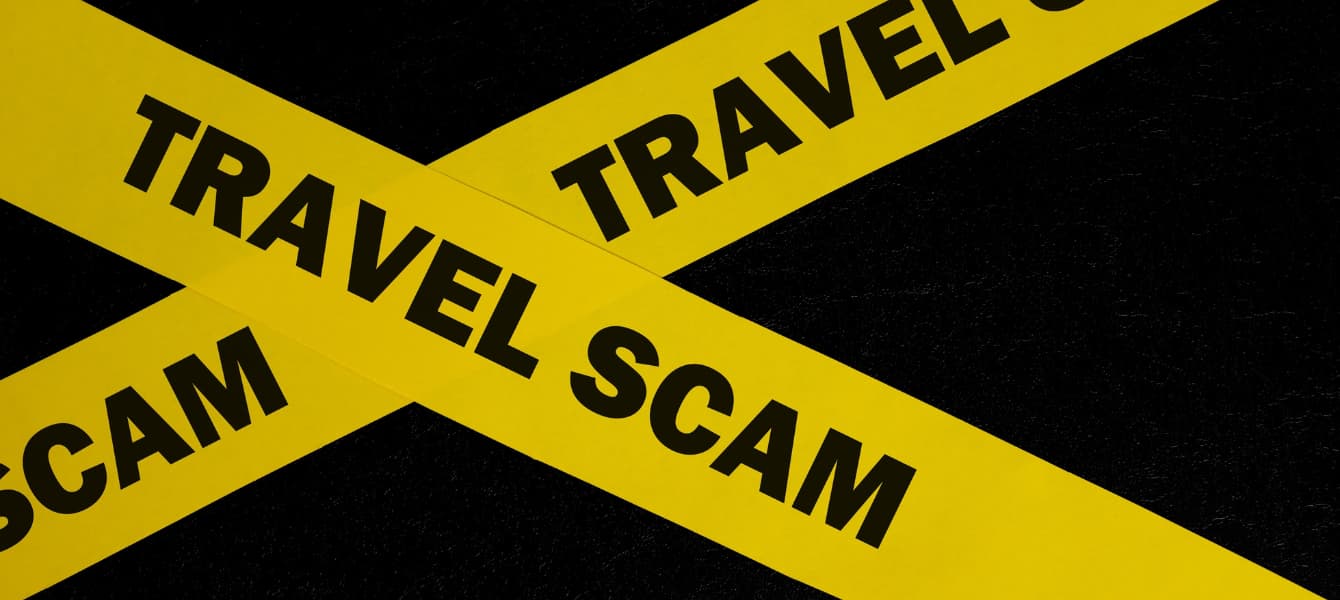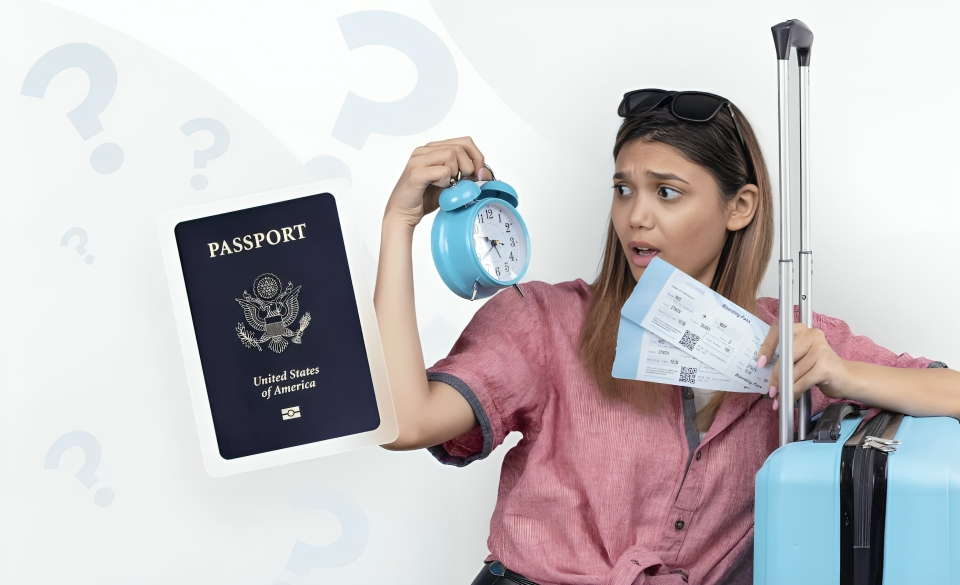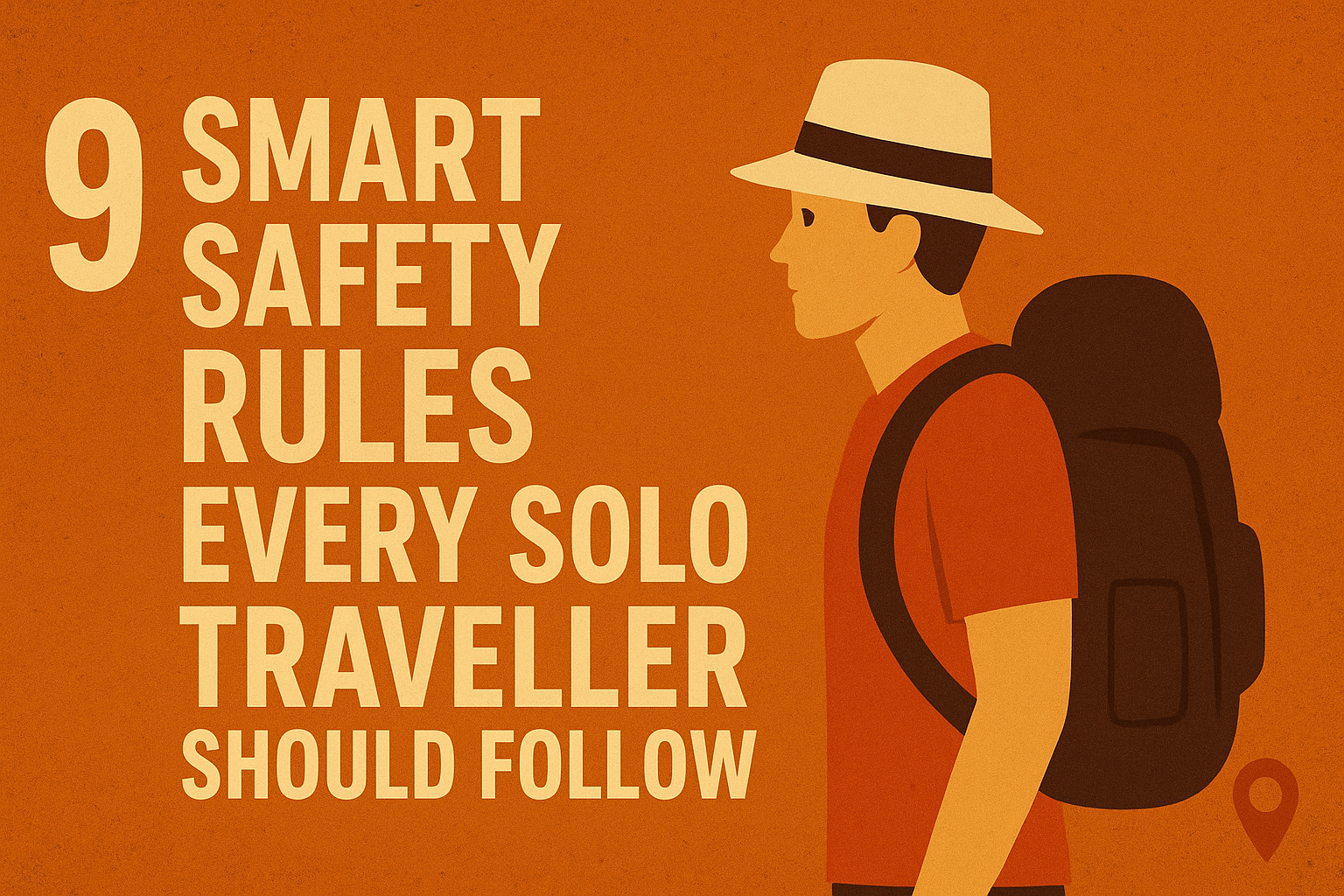Why Tourists Are Easy Targets
Exploring a new city means stepping into the unknown, and that makes travelers easy prey for scammers who know exactly how to exploit confusion. Whether it is an inflated taxi fare, a smiling stranger offering you a “gift,” or a fake booking website, these scams are designed to look harmless at first but end up costing you money and peace of mind. Being aware of these tricks is the first step toward avoiding them.
The Taxi Meter Game

One of the oldest scams involves taxi drivers insisting their meter is broken or deliberately taking longer routes to rack up higher fares. Some even demand a flat fee that is far above the actual cost. The safest way to avoid this is to insist on the meter being used or rely on trusted ride-hailing apps. At airports, prepaid counters are always a safer bet.
The Fake Guide Trap

In popular tourist areas, self-proclaimed “guides” may approach you with offers of help or a tour. What begins as friendly assistance often ends in hidden fees or being dragged to overpriced shops. To stay safe, only book guides through registered platforms or accept recommendations from your hotel.
The Classic Distraction Theft
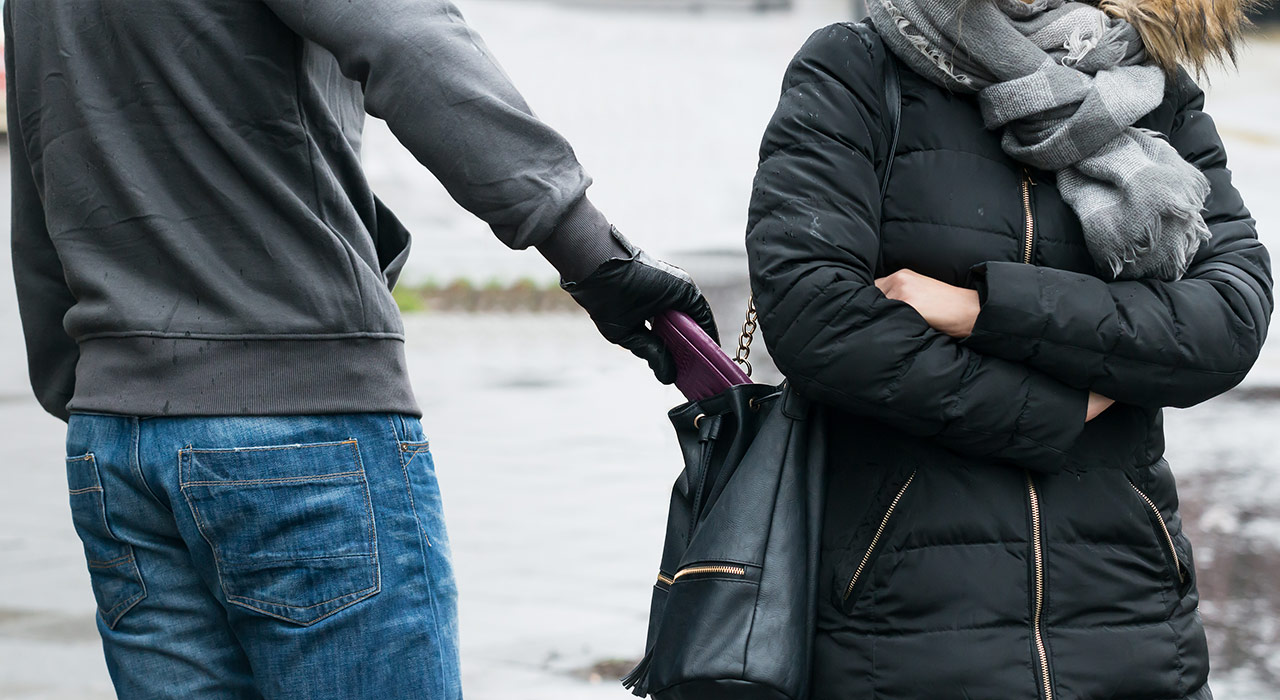
Pickpockets often work in pairs or groups. One distracts you by bumping into you, dropping something, or causing a scene, while another quietly snatches your wallet or phone. A secure bag that fully closes, worn in front of your body, is your best defense. Staying alert in crowded places will also protect you.
The Bracelet And Free Gift Trick

A stranger may tie a bracelet around your wrist or hand you a trinket with a smile, only to demand payment moments later. While it may feel rude to refuse, the best response is a polite but firm “no.” Remember, nothing on the street comes free.
Souvenirs And Gemstone Scams

In some destinations, tourists are lured into shops and convinced to buy gems or souvenirs that are either fake or massively overpriced. Pressure sales tactics make it difficult to walk away. Research local pricing, shop only at reputable stores, and never buy in a hurry.
Fake Officials And Police
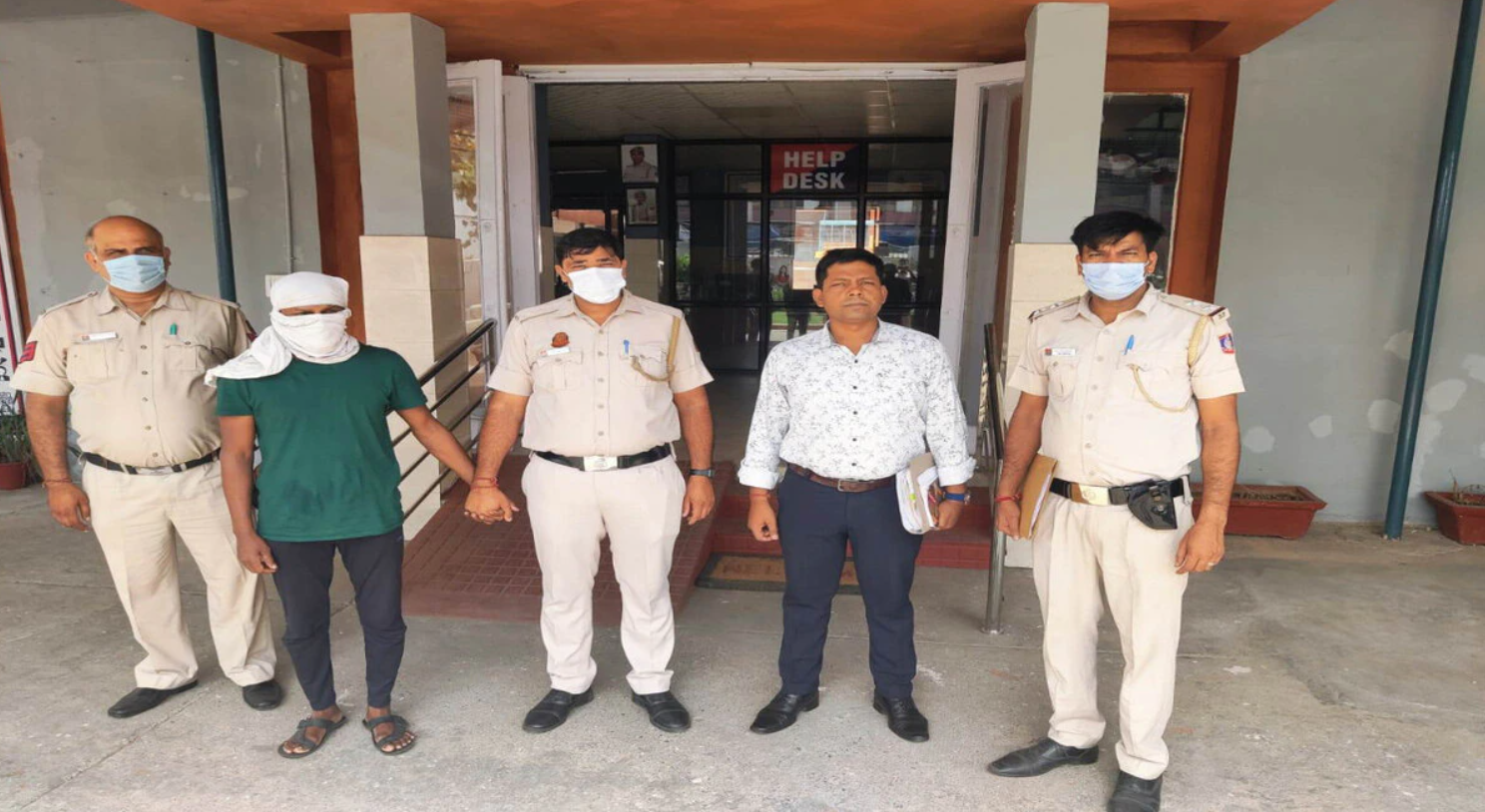
Another common trick involves imposters posing as police officers or ticket inspectors, accusing you of small violations and demanding instant fines. Always ask for official identification and calmly suggest handling the matter at the nearest police station. Real officials will not hesitate to comply.
Hidden Fees On Booking Sites
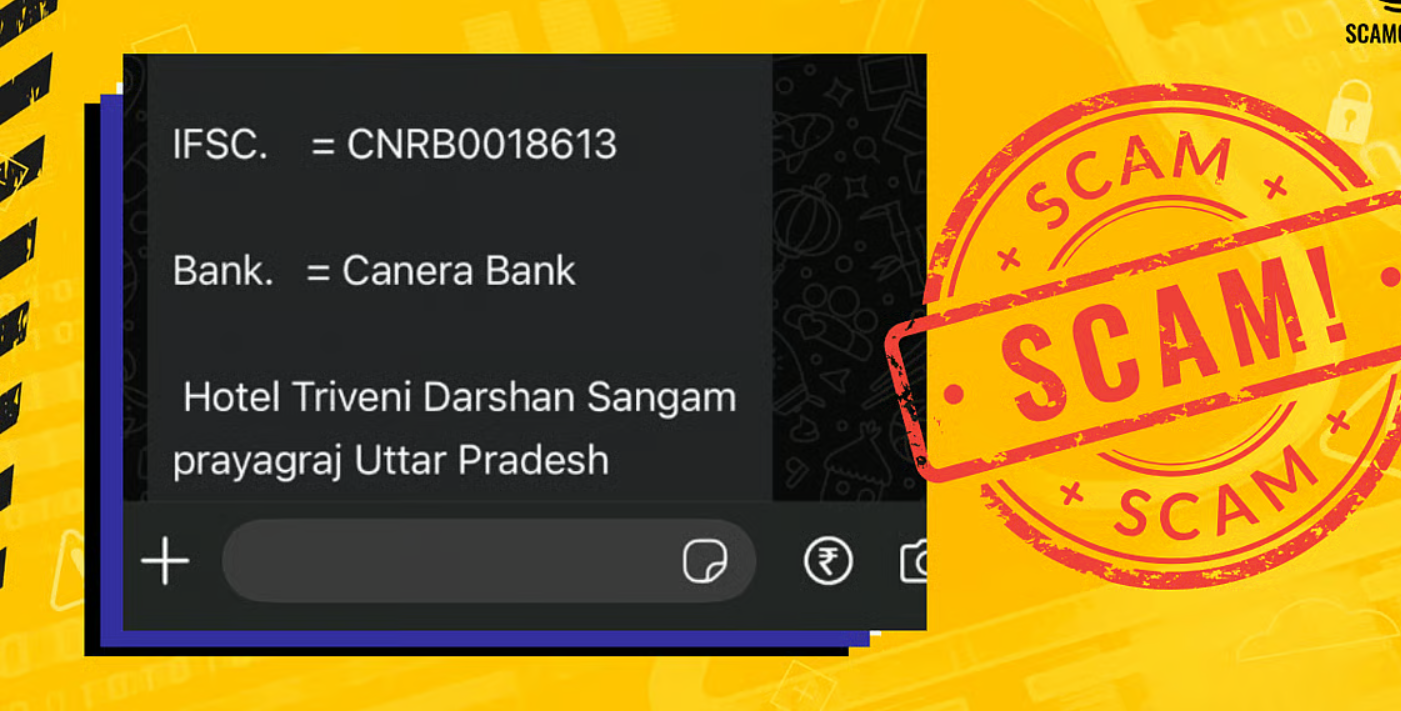
Some fake websites mimic genuine booking portals and tempt travelers with low prices, only to sneak in hidden charges later. Always check the website URL carefully, read reviews, and pay only through secure portals. Trust your instincts—if a deal looks too good to be true, it usually is.
Currency Exchange Manipulation

On the street, shady exchangers often trick tourists by slipping in wrong denominations or using sleight of hand to shortchange them. Always use authorised counters, and count your cash carefully in front of the clerk before leaving.
The Alternate Tour Lie
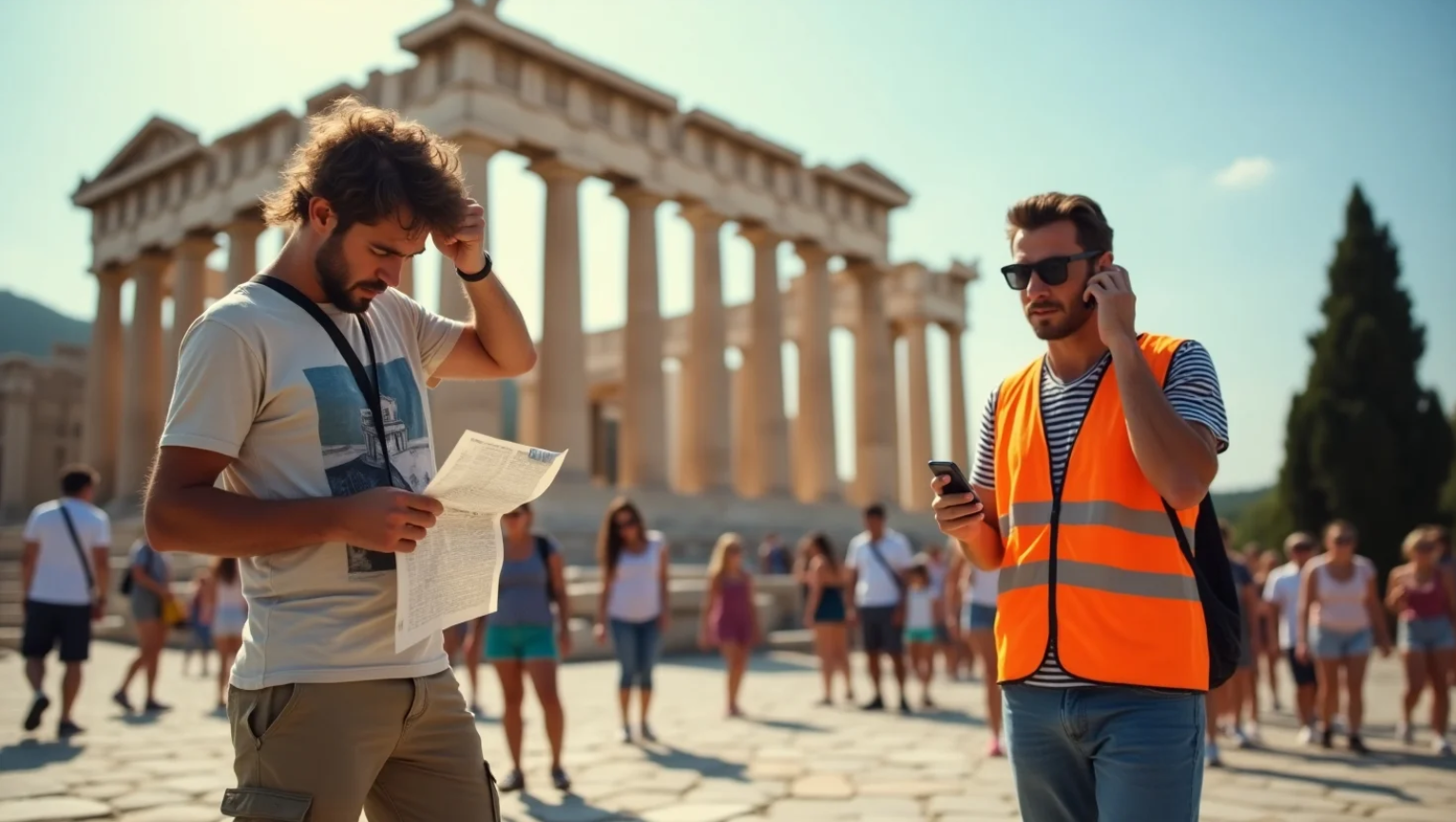
Drivers may claim your chosen hotel or tourist spot is closed, then whisk you away to their own “recommended” business where they earn a commission. Use navigation apps to track your route and decline sudden changes in plan. Booking rides through trusted apps also helps you avoid such detours.
Travel Smart, Travel Safe
Every journey should be about discovery, not disappointment. The truth is that most scams are easy to avoid once you know what to look out for. Stay alert, trust your instincts, and remember that politeness does not mean naivety. If something feels off, walk away and choose a trusted service instead.
For more travel tips, safety advice, and inspiring destinations, follow Travel Moves on Instagram and Facebook and make your journeys scam-proof and unforgettable.

